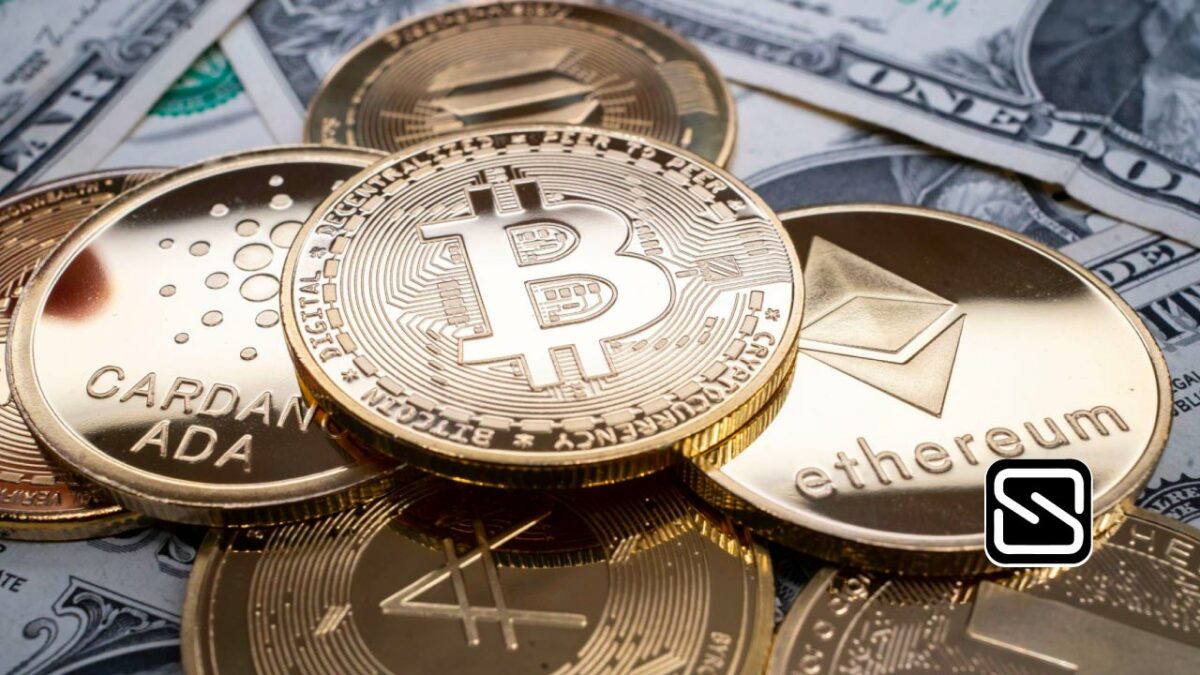Ghana has secured the 9th spot among 27 nations in the Cryptocurrency Adoption Index, as per the latest findings from Finder.com. This comprehensive study reveals that Ghana has embraced cryptocurrency with enthusiasm, positioning itself in the top tier of countries fostering crypto adoption. Vietnam claims the lead in cryptocurrency ownership, boasting a staggering 29% of adults who own cryptocurrencies. Ghana, not far behind, stands at a solid 17% of adults who have embraced digital assets. This ranking places Ghana above countries such as Hong Kong, Singapore, Brazil, and even advanced economies like the United States, the United Kingdom, and Germany.
To delve deeper, it’s crucial to understand the essence of cryptocurrency. Cryptocurrency, often referred to as crypto, functions as a digital currency that operates through a decentralized computer network. What sets cryptocurrencies apart is their lack of dependence on central authorities, be it governments or banks, for regulation.
Individual ownership of these currencies is meticulously recorded in a digital ledger, fortified by robust cryptography to ensure secure and safe transactions. It’s worth noting that cryptocurrencies aren’t limited to the traditional concept of “currencies” and are entirely digital entities without any physical presence. Unlike Central Bank Digital Currencies (CBDCs), they operate in a decentralized manner.
The foundation of this system lies in the blockchain framework, where computer networks perform two pivotal roles: processing transactions and maintaining an unbroken database of these transactions. Transactions are grouped into “blocks,” which are then linked together in chronological order to form an immutable “chain.” Cryptocurrencies initially start as centralized entities but subsequently, shift to a decentralized control system through distributed ledger technology.
The question arises: Why are so many people globally investing in a non-physical entity? Advocates of cryptocurrencies view them as the future of currency and are eager to capitalize on their potential appreciation. The appeal lies in the absence of government or bank control and the upward trajectory of cryptocurrency values.
Returning to our starting point, 17.3% of Ghana’s adult population—equivalent to 3.1 million adults—owns some form of cryptocurrency. This statistic surpasses the global average of 15% ownership. This demographic breakdown showcases that 70.4% of crypto owners in Ghana are aged 18 to 34, underlining the youth’s profound interest in cryptocurrency.
Africa often goes unnoticed as a cryptocurrency market, yet it boasts considerable potential due to its high inflation rates relative to other global regions. Cryptocurrencies provide a viable alternative to traditional currencies in economies grappling with inflation. In Ghana, this phenomenon has contributed to a decrease in inflation rates over recent years.
The growing interest in cryptocurrency among Ghanaians is logical and aligned with the country’s economic landscape. Africa, as a whole, is primed for cryptocurrency adoption. Importantly, embracing cryptocurrencies doesn’t necessitate purchasing them; investment opportunities are equally prevalent. Moreover, the practice of exchanging goods for cryptocurrencies is gaining momentum, with sellers accepting crypto payments. Even financial giants like PayPal have entered this arena, facilitating transactions through cryptocurrencies. Undoubtedly, this burgeoning sector holds immense potential, making it an enticing choice for many Ghanaians seeking innovative transaction methods.
